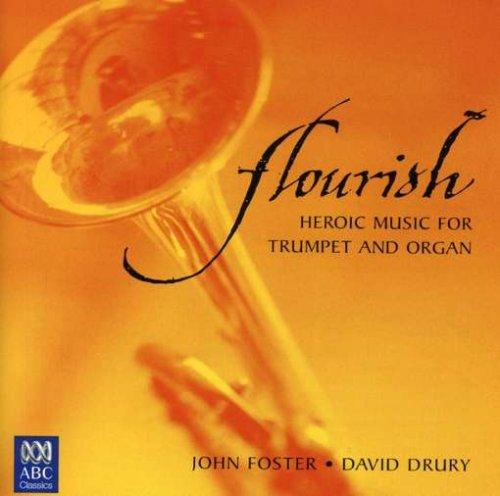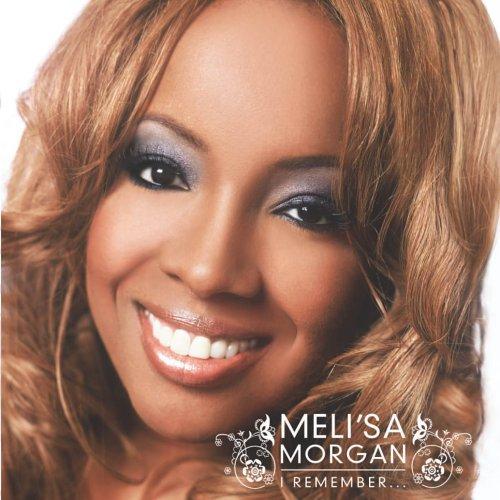Item is not available
member goods
No member items were found under this heading.
listens & views


SIMPLY PIANO MOODS / VARIOUS ...
by SIMPLY PIANO MOODS / VARIOUS (UK)
COMPACT DISCout of stock
$10.99
Return Policy
All sales are final
Shipping
No special shipping considerations available.
Shipping fees determined at checkout.





